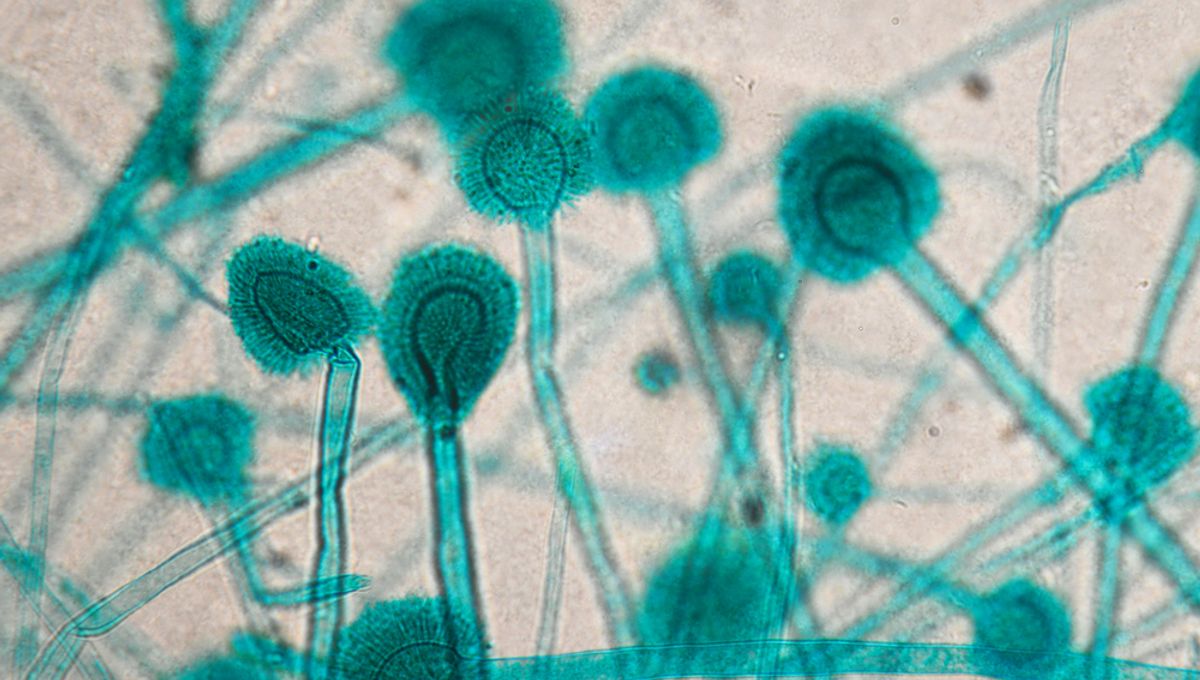
Scientists are developing a vaccine they hope could be the first immunization to fight against invasive fungal infections. While it has only been tested on animals so far, the research could eventually pave the way toward a broad-spectrum vaccine that could tackle the growing threat of drug-resistant fungi.
In a recent study, an experimental vaccine was designed to protect against the three most common causes of fungal infections – Aspergillus, Candida, and Pneumocystis – that are responsible for over 80 percent of deadly fungal infections.
Experiments by the University of Georgia showed that rodents and non-human primates that had been given the vaccine had significantly better chances of survival compared to non-vaccinated animals.
This success was backed up by evidence that showed the shot was effective at developing protective antibodies against all three of the fungal pathogens.
“Because it targets three different pathogens, the vaccine has the potential to be groundbreaking regarding invasive fungal infections,” Karen Norris, lead investigator and professor in the College of Veterinary Medicine, said in a statement.
“Plans are underway to develop the vaccine for a Phase I (human) safety trial,” added Norris.
Viewers of The Last Of Us series – very minor spoiler alert, here – will remember the opening scene of the second episode where an Indonesian mycologist is asked how they can contain the spread of an unusual fungal infection sweeping the city. Terrified, she replies: “There is no vaccine.” The only solution, she says, is “Start bombing. Bomb this city and everyone in it.”
That trigger-happy approach may seem a little dramatic, but it’s true there are currently no approved vaccines for fungal infections. While a global pandemic of mind-controlling fungi is unlikely (although not totally impossible), the immediate concern is the growing threat of drug-resistant fungal infections.
New experimental treatments are in the works, but it’s clear the world is unprepared for the rise of drug-resistant fungal infections. The first line of defense against human fungal infections is typically treatment with azoles, which are broad-spectrum anti-fungal medications. However, there are a growing number of “superbug fungi” cases that have developed resistance to these drugs due to the overuse of antifungal agents, most notably in industrial agriculture.
In 2021, for example, drug-resistant fungal infections that were totally resistant to all major classes of antifungal drugs were found spreading amongst hospitalized patients in the US for the first time. Scientists across the world also reported an uptick in tricky fungal infections among patients with COVID-19 during the height of the pandemic.
The main group of people at risk are those with weakened immune systems, especially if they’re staying in a hospital-like setting where the infections can spread like wildfire. For these people, a vaccine that protects against invasive fungal infections has the potential to be life-saving.
However, since the treatment is still in its very early stages of testing, it will be some time before patients are potentially benefitting from this shot.
“This is an area that has been underdeveloped on the research front for a long time,” added Norris, who is also the Georgia Research Alliance Eminent Scholar in Immunology and Translational Biomedicine.
“These are very large populations of people who are at risk of invasive fungal infections, and although there has been considerable efforts to develop vaccines, none are yet approved. We believe this is a very strong vaccine candidate,” she continued.
The study was published in the journal PNAS Nexus in November 2022.
Source Link: New Vaccine Against Fatal Fungi Hopes To Be First Of Its Kind